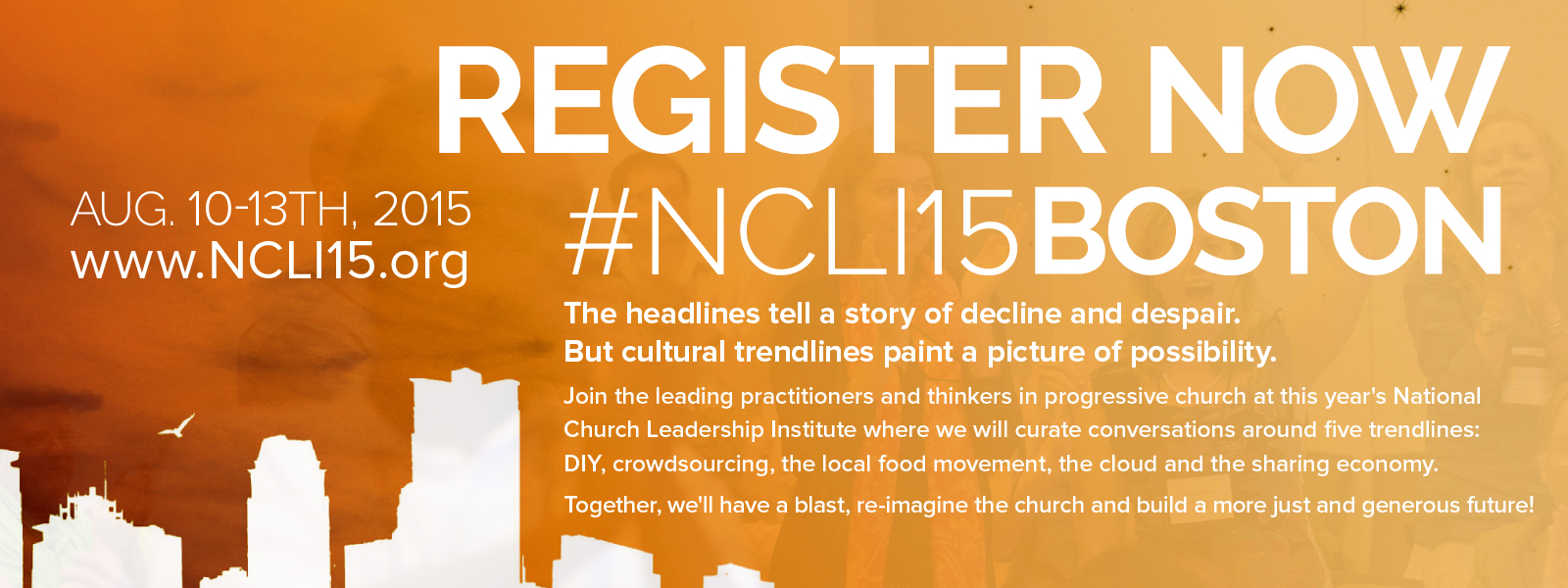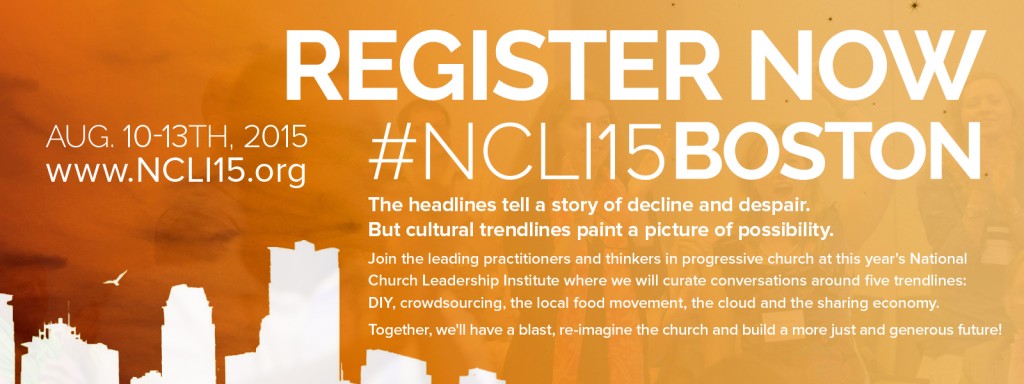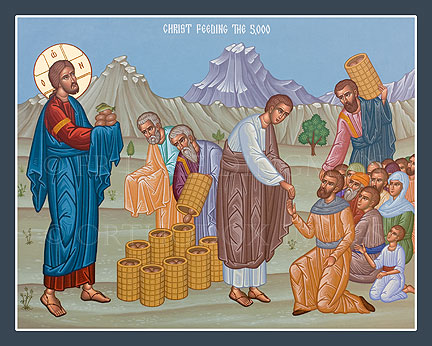Just like last week we need to back up a few verses to put this passage in the proper context. Starting with verse 21 Peter asks Jesus how many times we are to forgive a person who has wronged us. Peter then goes on to answer his question when he says, “Up to seven times?” I love Peter, in fact, our daily Bible study email has been focusing on the Letters of Peter. Peter is a great example of what God can do with someone for he took Peter and made him great. But I digress. Peter thought he was very generous when he suggested that we are to forgive up to seven times because the rabbinic teaching was to forgive only three times.
The Rabbinic teaching of the time was that is someone sinned against you, you were to forgive them no more than three times. If a person commits and offense, you forgive them; if they commit an offense a second time, you forgive them; if they commit an offense a third time, you forgive them for the third time, if they commit and offense a fourth time, you do not forgive them. This was the teaching that those listening to the exchange between Peter and Jesus would have been familiar with.
The Biblical proof of this teaching is taken from the opening chapters of the Prophet Amos, which contain a series of condemnations on the various nations for three transgressions and four. From this, we can deduce that God’s forgiveness extends to three offenses and that his punishment comes upon the sinner with the fourth. Sort of a Divine three strikes and you’re out rule. The teaching began along the lines that a person could not be more generous than God, so forgiveness was limited to three times.
Peter thought he was very generous, he takes the rabbinic three times, multiplies it by two for good measure adds one, and suggests, with eager satisfaction as Peter usually does when he answers his questions, that it will be enough if he forgives seven times. I can picture Peter standing there, the look of satisfaction on his face with his well thought out the answer and then Jesus gives him his answer. The Christian must forgive seventy times seven, in other words, there is no unreckonable limit to forgiveness!
I today’s Gospel Jesus tells the story of the servant forgiven great debt that then when out and dealt harshly, some would even say he dealt with him without mercy, a fellow servant who owed him a debt that was a fraction of he had owed. We see that the mercilessness of the servant was utterly condemned. From this parable come two central teachings.
The first is one that runs all through the New Testament, a person must forgive in order to be forgiven, it is just that simple. Those who do not forgive those who have wronged them has no hope that God will forgive them. “Blessed are merciful, for they shall obtain mercy” (Matthew 5:7). No sooner had Jesus taught his disciples his prayer, that he went on to expand upon one of the points of that prayer: “For if you forgive others their trespasses, your Heavenly Father also will forgive you; but if you do not forgive others their trespasses, neither will your Heavenly Father forgive you your trespasses” (Matthew 6:14-15). As James has it in his letter, “For judgment is without mercy to one who has shown no mercy” (James 2:13). Divine and human forgiveness go hand in hand.
Second, why should it be that these go hand in hand, human forgiveness, and Divine forgiveness? One of the great points of this parable is the contrast between the two debts.
The first servant owed his master 10,000 talents; a talent was the equivalent of roughly $240; therefore 10,000 talents was equal to about $2.4 million. This was, and is an incredible debt! It was more than the total budget of the ordinary Roman Province of the day. This debt was greater than a king’s ransom, and it was forgiven. The servant was not put on a payment plan, he was not given a reduced amount, it was completely forgiven.
The other servant was owed a much smaller amount; it was, according to the parable, 100 denarii; a denarius is worth about 4 cents, and so the total debt owed was about $5. It was approximately one five-hundred-thousandths of his debt.
Look at it this way, the 100 denarii could be carried in one pocket. The 10,000 talent debt would have to be transported by an army of about 8,600 soldiers, each carrying a sack of coins weighing about 60 lbs, and they would form, at a distance of a yard apart, line 5 miles long! The contrast between the two debts in this story is staggering. The point is that nothing another person can do to us can in any way compare with what we have done to God; and if God has forgiven us the debt we owe to him, we must forgive our fellow human the debts they owe to us. Nothing that we have to forgive can even faintly or remotely compare with what we have been forgiven.
We have been forgiven a debt that is beyond all paying – for the sin of humanity brought about the death of God’s own Son – and, if that is so, we must forgive others as God has forgiven us, or we can hope to find no mercy!
















